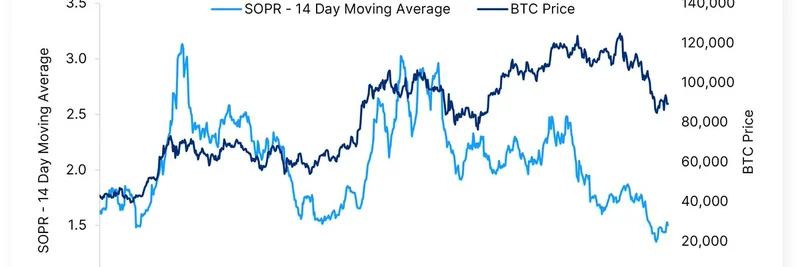Hey there, fellow tech enthusiasts! If you’ve been hanging out on X lately, you might have stumbled across a fascinating thread started by Hari (@_hrkrshnn) on June 25, 2025. Hari’s post caught my eye because it dives into a hot topic: using AI tools like Claude Code, OpenAI Codex, and Google Jules to write Solidity code for smart contracts. As someone curious about where tech is headed, I couldn’t resist digging deeper into this conversation. Let’s break it down together!
What’s the Buzz About?
Hari simply asked, “Anyone who uses Claude Code / OpenAI Codex / Google Jules extensively for Solidity or smart contract work? I’d love to have a chat.” This isn’t just a casual question—it’s a peek into how developers are blending artificial intelligence with blockchain development. Solidity, by the way, is the programming language used to build smart contracts on the Ethereum network. Think of smart contracts as self-running agreements on the blockchain that execute automatically when conditions are met—pretty cool, right?
The responses to Hari’s post show there’s a small but active group of developers experimenting with these AI tools. For instance, theonkxr mentioned using Claude Code for Solidity and Go, while 0xfirefist chimed in with a quick “I do.” This suggests that while AI coding assistants are gaining traction, they’re still a niche tool, especially for something as specialized as smart contract coding.
Why AI for Smart Contracts?
So, why are developers like Hari interested in AI for Solidity? Well, building smart contracts is tricky. You need to write code that’s secure (no hacks, please!), efficient (to save on gas fees), and bug-free. AI tools can help by suggesting code, spotting errors, or even generating entire contracts. For example, platforms like Workik AI use AI to create ERC-20 or ERC-721 tokens and optimize gas usage—pretty handy for Ethereum developers!
According to a 2024 study from the Journal of Blockchain Research, about 40% more developers are now using AI-generated code for smart contracts compared to the previous year. That’s a big jump! Tools like OpenAI Codex have a 37% success rate in code completion (OpenAI blog, 2025), and Google Jules shines with its ability to handle multiple tasks at once (Google, 2025). These stats show AI is becoming a game-changer, though it’s not perfect yet—there’s still a learning curve, especially for complex blockchain projects.
The Community Response
What I love about this thread is how it sparked a mini-community. People like bensparks_ suggested Hari connect with @NotMe_T, while others like sy100x jumped in with a friendly “Sup.” It’s clear there’s a willingness to share knowledge, which is gold for anyone new to this space. This kind of collaboration could push AI tools further into mainstream blockchain development.
Challenges and Opportunities
Of course, it’s not all smooth sailing. Smart contracts need to be airtight—security flaws can cost millions, as seen in past Ethereum hacks. AI can help with audits (like Workik’s vulnerability scans), but human oversight is still key. Plus, these tools are still adapting to niche languages like Solidity, so developers might need to tweak the AI’s output a lot.
On the flip side, the potential is huge. Imagine using AI to speed up dApp (decentralized app) development or analyze blockchain data with machine learning—topics explored in Coding Bootcamps School’s article. As AI evolves, it could automate more of the grunt work, letting developers focus on innovation.
What’s Next?
Hari’s post is a great starting point for anyone curious about AI in blockchain. If you’re a developer, why not jump into the conversation on X? Share your experiences with Claude Code or Codex—Hari would love to chat! For beginners, checking out resources like Workik AI or even taking a Solidity course could be a fun way to get started.
What do you think—ready to let AI help you code your next smart contract? Drop your thoughts below, and let’s keep this discussion going!




